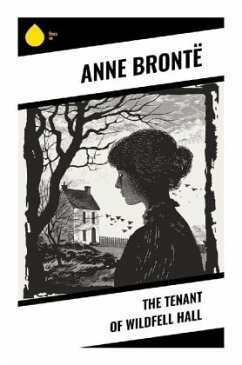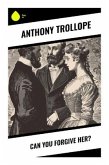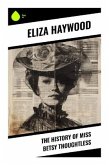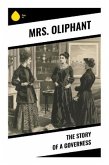In 'The Tenant of Wildfell Hall,' Anne Brontë crafts a powerful narrative that delves into themes of gender and societal repression during the Victorian era. The novel is presented through a series of letters and reveals the poignant story of Helen Graham, a mysterious widow who defies the conventions of her time by striving for independence and moral integrity. Brontë's prose is both vivid and penetrating, employing a realist style that starkly contrasts with the romantic ideals prevalent in her contemporaries' works, thereby offering a unique commentary on the struggles of women against patriarchal structures. Anne Brontë, the youngest of the famed Brontë siblings, was profoundly influenced by her own experiences and observations of women's limited roles in society, as well as the injustices faced by individuals under oppressive social norms. Growing up in the Yorkshire moors, Anne's literary endeavors were shaped by her desire to advocate for the disenfranchised, making her works both revolutionary and personalized. Her ardent beliefs regarding women's rights resonate through the protagonist's courageous journey, providing readers with a lens into the darker undercurrents of her society. This novel is a must-read for anyone interested in feminist literature, Victorian society, or the evolution of the English novel. Anne Brontë's poignant portrayal of a woman's struggle for autonomy not only challenges societal norms but also invites readers to reflect on their own values regarding freedom and morality. 'The Tenant of Wildfell Hall' remains a timeless exploration of redemption and resilience, making it an essential addition to any literary collection.
Bitte wählen Sie Ihr Anliegen aus.
Rechnungen
Retourenschein anfordern
Bestellstatus
Storno








